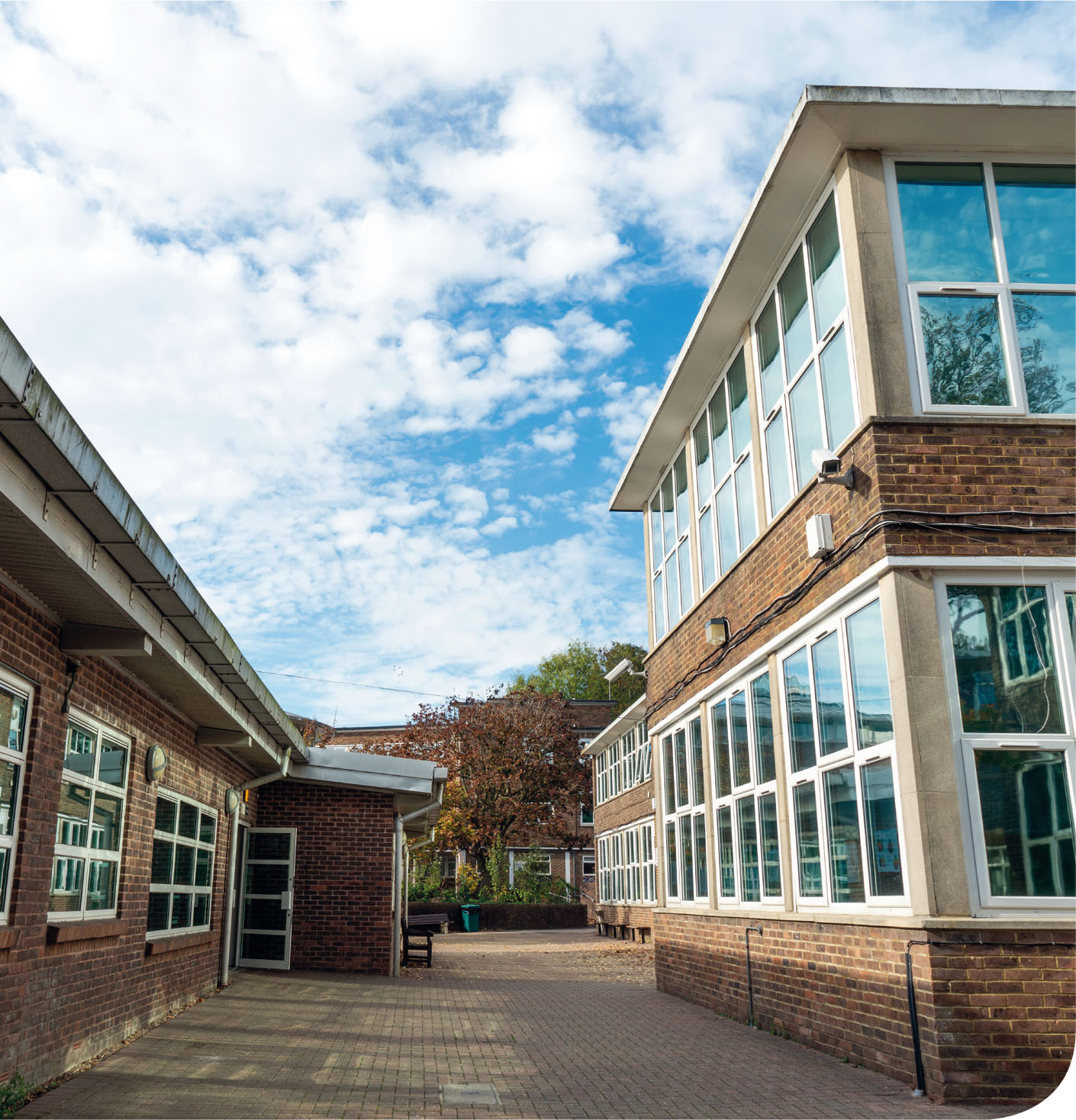
During the summer of 2018 I attended the Music Mark Summer Summit, which was held at the Stratford Arts Centre in London. The focus of the event was largely around the much hoped-for replacement for the National Plan for Music Education, the funding for which runs out in March 2020, and I contributed my thoughts on that at the time as part of the Music Teacher magazine's coverage of the event. However, one of the afternoon breakout sessions featured a presentation on transition passports from a lovely primary teacher (unfortunately I can't remember their name but if it was you then please do get in touch so we can credit you appropriately!) The idea was that primary music teachers complete a tick box sheet on all of their pupils’ musical achievement to indicate what they had covered during their primary music education and then more detailed responses for a few pupils. These would highlight instrumental examination results or singing in the school choir, and so on. Just a basic piece of information on the musical background to be sent on to the secondary schools to help the new teachers know about the cohort that they will be receiving.
Time saving
Over the last few weeks I have been thinking about how technology might be able to aid this. No matter how you dress it up, completing music reports for an entire cohort is going to take a significant amount of time.
There are multiple data systems used by schools to track pupil data and progress across the years. It must be possible for these systems to output something relatively useful for transferring information to new schools. I'm not talking about grades or attainment necessarily – but simple headings and other information. I'm aware that the whole issue of sharing confidential data is often viewed as a grey and scary area, hence my simpler suggestion. However, if done carefully, I would think that something like this could easily meet the objectives of GDPR as there is a clear reason for the data being collected. I think I have used every single one of these different portal systems and they all have their faults – but I have used some in which you have to enter titles of projects/modules before you can enter data so it must be possible to output this information.
Alternatively, creating a simple mail merge between a spreadsheet and text document would have the same effect. By selecting the relevant columns and cells in a spreadsheet and placing them at different points in a text document one can quickly create a very large number of documents each containing unique information.
Musical activities
Most schools on transition day offer pupils a sense of what school is going to be like and give their new students some taster lessons. If any of those lessons are in music – it might be tempting to do some singing or percussion that they may be familiar with from their primary music education. A sense of familiarity is good but so is something new! Very few primary schools are well equipped for music technology and it might be nice to show the new students something that they are unlikely to have done before.
The tasks given don't need to be that complex, it could be a simple audio recording task or creating a remix from some provided loops but secondary schools tend to be better setup for this type of teaching and it will give those transitioning pupils something to look forward to when the new academic year begins.
Student proficiency with music technology is also something feeder schools might not be aware of. Young people might have software at home, they have never thought to show their current music teacher, and it will allow them to demonstrate their musical skill that, up until that point, they had kept hidden.

Familiarise new locations by taking lessons out of the classroom
In summary
I appreciate that some of what I have just written is quite basic and some of you will be telling me to stop teaching people how to suck eggs… so I will. But the main purpose of this article is to get us all to think about how technology could be used to help young people in one of the most stressful periods of their lives so far. Who knows, if you do a good job this month, you could have an oversubscribed Music Technology A Level class in a few years’ time – we live in hope!
By using technology to help support new teachers with information from colleagues in feeder schools, and by using equipment that pupils are unlikely to have seen before, it will hopefully create a nice smooth transition for all concerned.








